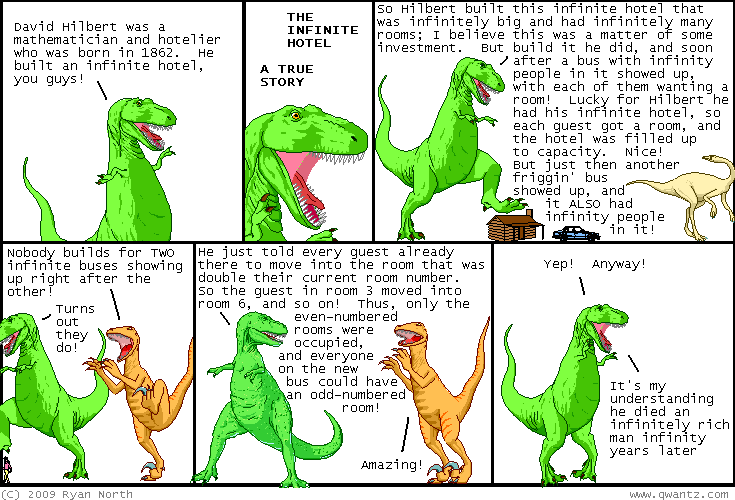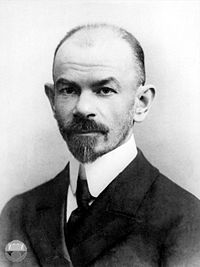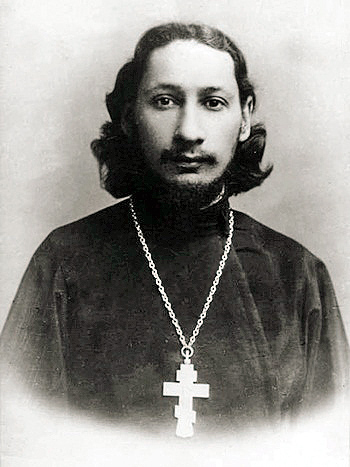What is the ethical justification for induced abortion of a fetus? From the journal article:
"Because of the immaturity of the fetal central nervous system, the fetus lacks the capacity to generate a perspective on its interests. The ethical principle of respect for autonomy and the concept of autonomy-based rights therefore do not apply to the fetus."Autonomy-based rights is the key phrase. The assumption that rights are based on autonomy may be recent or it may be old, but I've become more aware of it mostly in the context of the abortion debate.
Note that the journal article spends no time defending this assumption. Perhaps we have simply been asleep while we allowed the scientific elite forged their own ethical framework for society to live by. However this ethical framework came into being, it's important we question it.
Initially it's easy to see how autonomy-based rights give us certain boundaries to make civilization work. Don't murder, don't steal, don't rape, etc. because you are taking away another person's chance to be in charge of her own life.
Conveniently, basing rights on personal autonomy provides a tidy justification for banning slavery. Slavery is a clear violation of personal autonomy. Since human beings failed to pick up on this for thousands of years, it's easy to see how autonomy-based rights have an aura of moral progress in our era.
But autonomy is a slippery idea. Awareness of your own self-interest is always limited at best, and it's clear that it takes a great deal of development to have even enough self-awareness to survive in this world.
How important is autonomy to the human experience, anyway? We come into this world totally dependent on someone else. And it's not as if that ends as we get older, though we often feed ourselves the illusion that it does. In such a complex economy as ours, we are always dependent on one another.
Autonomy-based rights is an ethical framework that seems to throw up rigid boundaries between human beings that shouldn't be there. Mutual love and personal connection is what makes civilization worth maintaining. If we established societal ethics purely for the sake of letting each person be an island, then society probably wouldn't last very long.
So the question is, what has a fetus gained when, after six months of development in the womb, she develops a complete central nervous system? The ability to be ever so slightly aware of her self-interest? Is that why we have children, to spawn other creatures with the ability to turn inward?
I think the fundamental problem with the ethical justification for abortion (along with perhaps some arguments against abortion) is that it severs the relationship between child and mother, and essentially between all human beings. As if the only thing that keeps a mother from killing her child is the idea that the child is aware of being distinct from her mother.
To be fair, there is a good principle behind autonomy-based rights, namely that of empathy. Will the child feel pain? Does the child have hopes and dreams that I would be ending? Of course these are questions we consider when abortion comes up. But that's not all we should consider.
Instead of ethics based on autonomy, ethics ought to be based on dignity and love. We don't kill people because they are valuable, not only to themselves but to all of us. We don't enslave people because that destroys their dignity.
And although there's no sense in trying to force people to love every person, what makes society worthwhile is that there is at least the potential between all human beings for love. It is wrong to commit a crime against another human being, not only because you wouldn't want that done to you, but also because all humans thrive when they live in harmony with one another. You are hurting yourself as much as the person you have wronged.
So it is not only our independence but our interdependence that constitutes a basis for ethics. The fact that the unborn inherently has a potential connection with other human beings, a connection of mutual love, means that she should not be killed, even in the womb.
This can affect not only the way we treat other human beings, but also the rest of the world. We don't just go around killing animals at random, because there is an inherent goodness to them, and a certain kind of love that can potentially exist between them and us. And you can see how this might be relevant in other areas of life.
I think this is a little more satisfying than a "leave each other alone" approach to ethics.







